Experts, power and society: The rise of technocracy in modern China
A project by
Cécile Armand
Elites, Networks and Power in modern China

May 1 2021
The second project investigates how far we can revisit the Republican period — especially the Nationalist regime (1927-1949) — as the cradle for a modern technocracy in China, by exploring a combination of factors since the late Qing dynasty that are symptomatic of technocratic regimes: the creation of technocratic institutions (commissions, committees, bureaus); the reliance on specialized rather than general knowledge, and on a new brand of experts who partly inherited from imperial scholar-officials, and yet departed from their predecessors by their educational background, their process of selection, their social position and their career opportunities; the broader dissemination of technocratic values (scientific management, rationalization, modernization) in every domains of social life, including work and family.
We will nonetheless acknowledge the existence of limiting factors that precluded the development of a full-fledge technocracy in early Republican China: the domination of military men over engineers, and of defense concerns over technical considerations in the backdrop of the Sino-Japanese war and the imperative of national survival; the prevalence of competing ideologies, mostly nationalism, communism and neo-Confucianism.
This project branches out into two case studies : Inventing public opinion in modern China and The development of the modern press in modern China.

No comments:
Post a Comment
Comments always welcome!